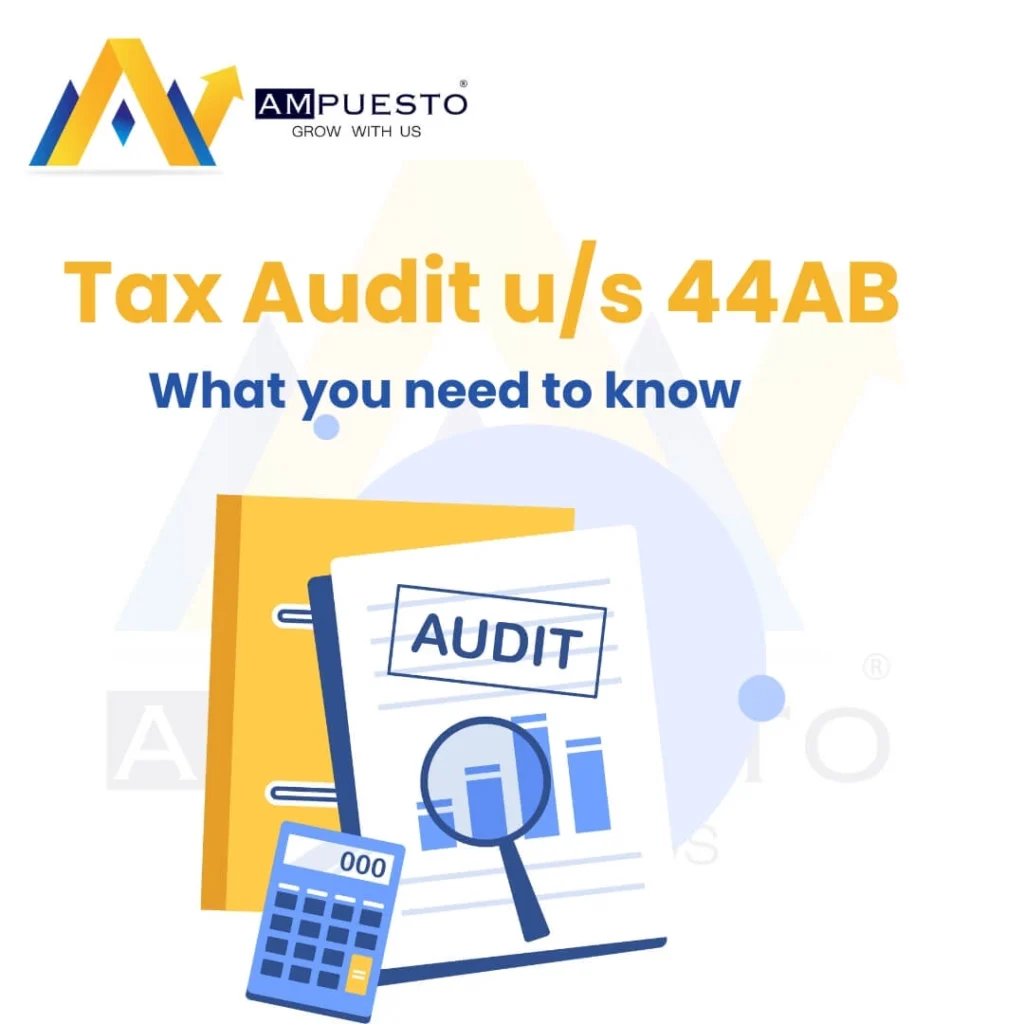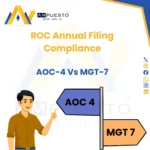A tax audit is a vital compliance measure under the Income Tax Act, 1961. It ensures the accuracy of financial records and verifies that taxpayers comply with the prescribed laws and regulations. Let’s dive deeper into what a tax audit entails, its significance, and the processes involved.
What is a Tax Audit?
A tax audit is an examination of the financial records of a taxpayer to ensure that their income, deductions, and other details are reported correctly. The audit identifies any discrepancies, errors, or irregularities in the books of accounts and reports them to the tax authorities.
It is conducted by a Chartered Accountant (CA) and is governed by Section 44AB of the Income Tax Act. Depending on the nature of the entity and its turnover, this audit becomes mandatory for certain taxpayers.
Objectives of a Tax Audit
The primary purpose of a tax audit is to enhance transparency in financial reporting and compliance with income tax laws. Key objectives include:
- Verification of Accuracy: Ensures that the financial statements accurately reflect the taxpayer’s income and expenses.
- Identification of Discrepancies: Detects and reports errors or inconsistencies in accounting records.
- Prevention of Tax Evasion: Helps minimize the risk of tax evasion by ensuring proper record maintenance.
- Simplification of Tax Assessment: Provides tax authorities with reliable data for faster and accurate assessments.
Who is Required to Undergo a Tax Audit?
Under Section 44AB, a tax audit is mandatory for certain taxpayers based on their turnover or gross receipts.
- For Businesses:
- Taxpayers running a business must undergo a tax audit if their total turnover exceeds ₹1 crore during the financial year.
- If the taxpayer opts for the presumptive taxation scheme under Section 44AD, the threshold for a tax audit increases to ₹3 crores.
- For Professionals:
- Professionals such as doctors, lawyers, architects, and consultants are required to undergo a tax audit if their gross receipts exceed ₹75 lakhs during the financial year.
- Presumptive Taxation for Professionals:
- Professionals opting for the presumptive taxation scheme under Section 44ADA need to undergo a tax audit if their declared income is less than 50% of the gross receipts and exceeds the basic exemption limit.
Tax Audit vs. Other Audits
A tax audit differs significantly from other types of audits, such as statutory audits and internal audits. Here’s a comparison:
| Type of Audit | Governing Law | Purpose | Conducted By |
| Tax Audit | Income Tax Act | Ensures compliance with tax laws | Chartered Accountant |
| Statutory Audit | Companies Act, 2013 | Checks financial health and regulatory compliance | Chartered Accountant |
| Internal Audit | Not mandated by law | Evaluates internal processes and controls | Management-appointed auditor |
Unlike statutory and internal audits, a tax audit is specifically designed to meet the requirements of the Income Tax Department.
Forms Used in Tax Audits
Depending on the type of taxpayer, different forms are prescribed for tax audits:
- For Companies:
- Form 3CA: Used when the taxpayer is already subject to a statutory audit under other laws.
- Form 3CD: Annexure to Form 3CA, containing detailed information.
- For Other Taxpayers:
- Form 3CB: Used when the taxpayer is not subject to a statutory audit.
- Form 3CD: Annexure containing the specifics of the tax audit report.
Process of Conducting a Tax Audit
A tax audit involves a systematic examination of financial records to ensure compliance with tax laws. Below are the key steps in the process:
- Review of Financial Records:
- The Chartered Accountant (CA) examines the taxpayer’s books of accounts, including ledgers, journals, and vouchers.
- Any discrepancies or irregularities are identified during this review.
- Preparation of Tax Audit Report:
- The CA prepares the tax audit report in the prescribed format, along with annexures detailing specific financial information.
- Filing of Tax Audit Report:
- The tax audit report is filed electronically by the CA through their login on the Income Tax Department’s e-filing portal.
- Acceptance by the Taxpayer:
- The taxpayer must accept the audit report by logging into their account on the e-filing portal.
- Submission to Tax Authorities:
- Once accepted, the report becomes part of the taxpayer’s compliance record for the relevant financial year.
Consequences of Non-Compliance
Failure to conduct a tax audit when required can lead to penalties under Section 271B of the Income Tax Act. The penalty is the lesser of:
- ₹1,50,000, or
- 0.5% of total turnover or gross receipts.
Taxpayers must ensure compliance to avoid these penalties and maintain a good standing with the Income Tax Department.
Key Benefits of a Tax Audit
- Enhanced Accuracy: Ensures that financial statements are free of significant errors.
- Tax Compliance: Helps taxpayers adhere to income tax regulations.
- Streamlined Assessments: Facilitates quicker and smoother tax assessments.
- Credibility: Increases trustworthiness in the eyes of stakeholders and authorities.
Conclusion
A tax audit is not just a statutory requirement but a tool for maintaining financial discipline and transparency. Whether you’re a business owner or a professional, understanding the nuances of tax audits can help you stay compliant and avoid penalties.
Consulting a qualified Chartered Accountant is essential to navigate the complexities of tax audits effectively. By ensuring accurate reporting and timely submission, you can not only fulfil your legal obligations but also strengthen your financial credibility.
Trust AMpuesto for expert tax solutions and seamless compliance with every audit requirement—your partner in financial transparency!









